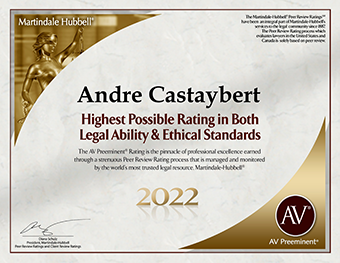Second Circuit: Overbroad Licensing Restrictions No Reason to “Crye”
In its recent decision, Crye Precision v. Duro Textiles, 689 Fed. Appx. 104 (2017), the Second Circuit scrutinized restrictions in an intellectual property licensing agreement under non-compete law, ultimately holding them to be overbroad. Traditionally, non-compete law has been applied only to employment agreements and agreements to sell a business. However, in Crye, the Court extended the law’s purview to an agreement in which the licensee of patented camouflage material, MULTICAM, was prohibited from making similar products after the term or expiration of the agreement.
The licensee, Duro, continued to sell a different kind of camouflage to the U.S. military after its agreement with the licensor, Crye, expired. Crye then sued because the licensing agreement prohibited Duro from making “any products that are similar to MULTICAM through color palette, pattern, arrangement or placement of any elements incorporated in MULTICAM.” The Second Circuit, applying non-compete law, evaluated the provision for reasonableness and undue hardship. It found that since most camouflage patterns share similar colors and arrangement of elements, the provision effectively restricted Duro from producing camouflage ever again. In doing so, the clause was unreasonable in scope and therefore unenforceable.
The Crye decision is especially noteworthy because it indicates that restrictions in intellectual property licensing agreements can and will be analyzed by New York courts under non-compete law. Accordingly, licensing restrictions should be drafted as narrowly as possible to avoid a determination of being overbroad.
To learn how Castaybert PLLC can assist with intellectual property law, please click here.
To learn how Castaybert PLLC can assist with commercial litigation, please click here.










